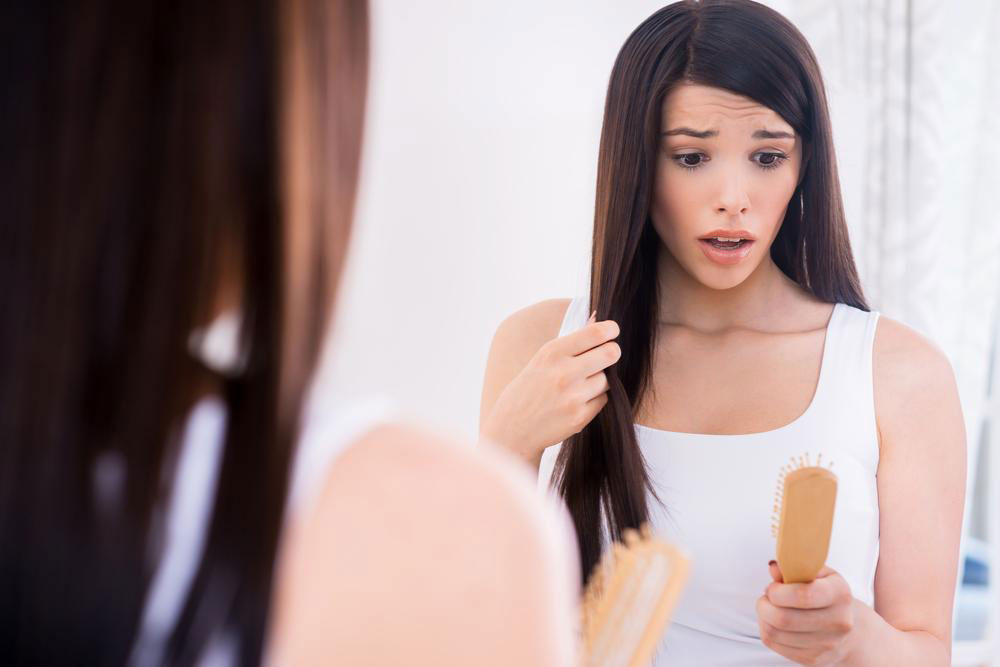6 nutrients that affect the growth of hair
By following a healthy balanced diet, your hair can become stronger and shinier. Consumption of the right kind of food can also prevent the loss of hair. If a person does not get certain nutrients through their diet, they may see the consequences result in hair loss and hair thinning.
Omega-3 fatty acids
Omega-3 fatty acids assure nourishment to the entire head, including the hair shaft as well as the membranes of the cell in one’s scalp.

Zinc
Zinc helps in keeping one’s hair and scalp healthy by boosting the tissue repair and growth. It also helps in the regulation of hormones that include testosterone in the men’s body, and enabling the production of glands that secrete oil on the scalp helping the hair to grow. Higher levels of testosterone are associated with the loss of hair. So, one requires only 11 milligrams of zinc per day. The best sources of obtaining zinc are roast beef, veal liver, beef, oysters, wheat germ, and chickpeas.
Protein
If the hair does not receive adequate amounts of protein, there is a possibility of the person developing bald spots on their head. Also, if a person eats very little amount of protein, the hair will start graying. Therefore, one must follow a diet that has naturally high-quality protein. Foods with good amounts of protein are turkey, chicken, tofu, lentils, peas, beans, peanuts, kale, egg yolk, and Greek yogurt.
Iron
Iron helps in delivering blood to every cell of the human body. If the iron levels in the body are low, the blood will not transport sufficient amounts of oxygen to the scalp for healthy growth of hair. Several individuals have clearly shown a relation between the increase in the growth of hair and the treatment for anemia. One needs to eat oysters, mussels, clams, egg yolks, turkey, red meats, whole grains, and green leafy vegetables in order to provide the body the iron that it requires.
Vitamins
Vitamin A and C contribute to the sebum production. Sebum is the oily component release by the hair follicles. It is a natural hair conditioner that prevents the hair from breaking off. Additionally, consumption of vitamin C will increase the levels of iron. One needs to consume pumpkin, sweet potatoes, broccoli, spinach, and swiss chards to obtain these essential nutrients.
Magnesium
Over 300 biochemical reactions in the body need magnesium one of which is the growth of hair. Therefore, there is a correlation between the deficiency of magnesium and the loss of hair. One needs to be eating halibut, brown rice, lentils, cashews, spinach, and almonds for the intake of magnesium.


